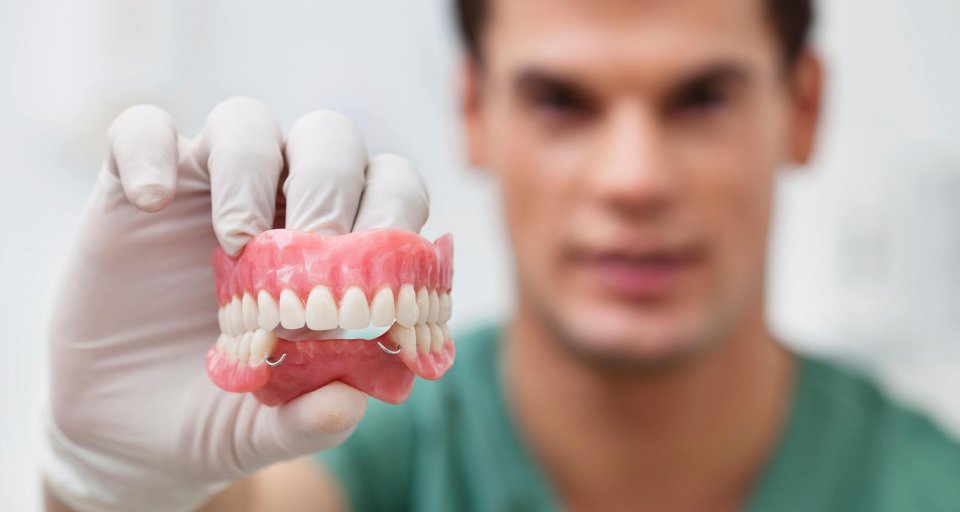They say every penny counts. Well, when it comes to your mouth, every tooth counts.
For most of us, a missing tooth is mostly an embarrassing condition that makes us shy away from smiling in fear that people will notice. But more than a vanity issue that makes us uncomfortable in public, a visible gap in our teeth is only the beginning of the permanent effects that a missing tooth – or teeth – could have in our health.
First, there’s the most immediate effect of missing one or more teeth: your emotional health is put under stress with a decrease in confidence and self-esteem. The good news is that this effect could be temporary if action is taken fast before any physical effect takes place. Modern dentistry allows you to choose from different options to replace a missing tooth, and they could range from bridges and dentures to dental implants, depending on the condition of your oral health and finances. Dental savings plans are an option to ease the stress of the latter, providing you with hundreds of options for services at discounted rates.
But what happens when you don’t, or can’t, take immediate action when you experience tooth loss? Well, the aesthetics consequences are the beginning, but these could lead to deeper problems.
The shifting of your teeth!
Your teeth are like books neatly stacked next to each other in a shelf, each serving as support for its surrounding peers. If you take one of the books out of the shelf, the other ones will shit due to the lack of support. That’s what happens to your teeth. According to Dear Doctor – Dentistry & Oral Health, when there’s a missing tooth, the adjacent teeth start naturally shifting to fill the gap. This causes the shifting teeth to become weaker due to their misalignment with the jaw bone, and consequently, this may increase the risk of periodontal disease.
Tooth Loss can cause Jaw Loss
Like any other bone in your body, the jaw bone needs stimulation to maintain its form and density, and the alveolar bone, the bone that surrounds and supports your teeth, gets this stimulation from your teeth. When there is tooth loss, the bone eventually loses width, height, and the gum tissue decreases. This leads to a change in the structure and physical appearance of your face.
Changes in Facial Appearance
How? Once the alveolar bone is completely lost, the bone beneath it, the jawbone, also begins to deteriorate, shifting your facial features. The distance between your nose and chin decreases, your chin rotates forward and upward, and if you’re missing too many teeth, the cheeks become saggy when they don’t have the internal support of your teeth, according to the American Academy of Periodontoly. This could make your face look older and with more wrinkles. But more than the physical change, when the bone loss is extreme, it could make you more prone to jaw fractures.
According to the American Dental Association, adults between the ages of 20 and 64 have three or more decayed or missing teeth.With periodontal disease being the number one cause of tooth loss among adults, the good news is that tooth loss in adults and seniors has decreased since the early 1970s, according to the National Institute of Dental and Craniofacial Research.
Other Effects of Long-Term Tooth Loss
Tooth loss could also affect your nutrition, and the more teeth you have lost, the higher the effect. Studies have shown that oral health and dentition, the condition of your teeth, significantly affects food intake, thus impacting your nutrition.
This is the result of chewing problems. Missing teeth can make the chewing of nutritious foods like fruits and vegetables more difficult.
Another study, published in the European Journal of Oral Sciences, found a relation between tooth loss and memory loss.The researchers selected 273 people between the ages of 55 and 80, and concluded that the presence of natural teeth may have an impact on cognitive function. Fewer amount of teeth causes a reduction in chewing, which sends signals to the brain.
Preventative Dental Care
Tooth loss can be remedied by replacing missing natural teeth with bridges, which are anchored to the adjacent teeth, dentures if you’ve lost all or most of your teeth, or implants, which have a more natural look. Your dentist will recommend the best option for you. Replacing teeth can be costly, but dental savings plans can provide savings of 10%-60% on a wide variety of dental care and restorative treatments.


